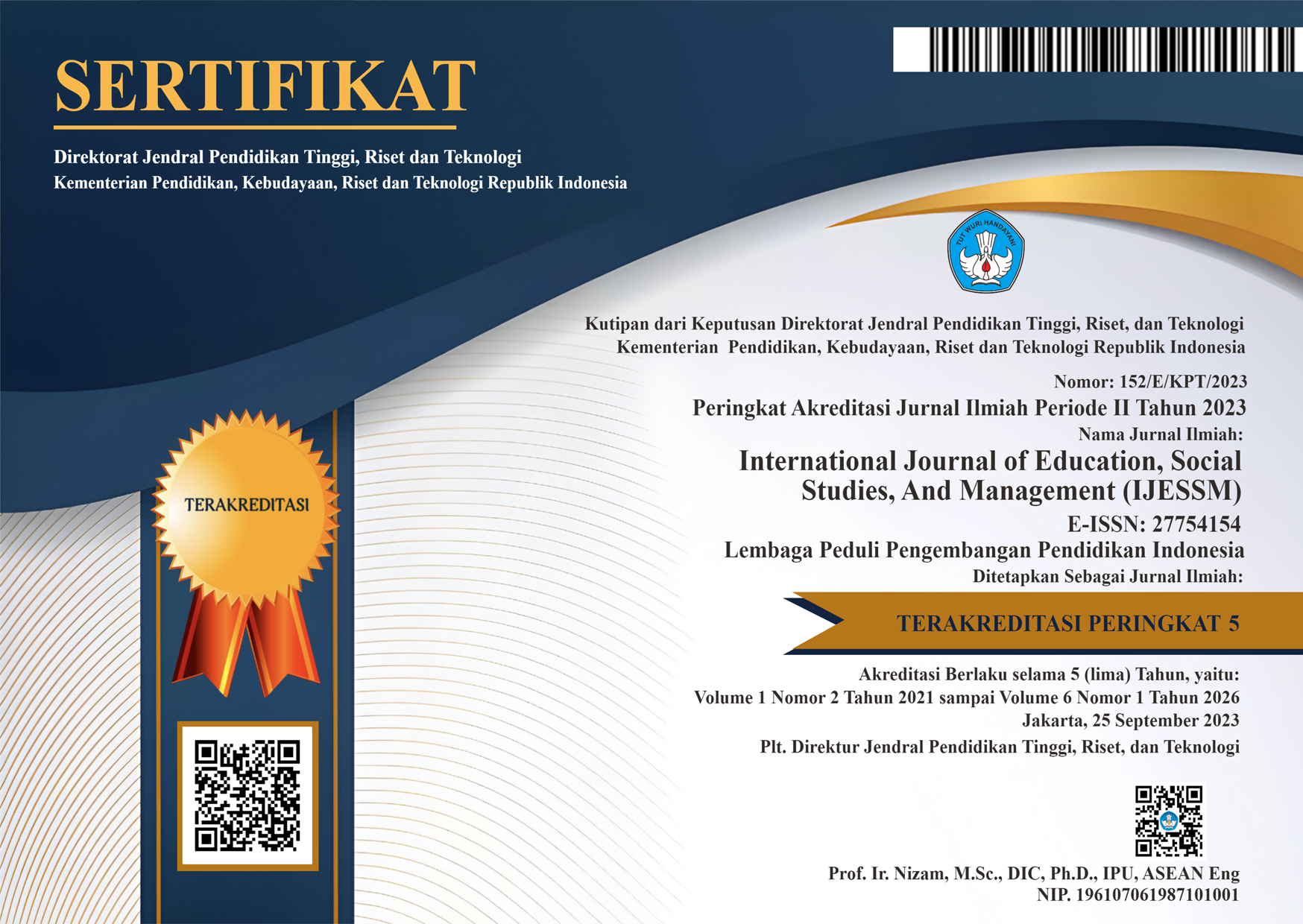The Influence of Service Quality and Customer Satisfaction on Customer Loyalty of BCA Mobile in Bandar Lampung
DOI:
https://doi.org/10.52121/ijessm.v4i3.442Keywords:
Service Quality, Satisfaction, Loyalty, BCAAbstract
PT. Bank Central Asia, Tbk, founded in 1957, is one of the largest private banks in Indonesia today with an asset value of 1,408 trillion rupiah with a net profit of 48.6 trillion rupiah. The results of the Bank Service Excellence Monitor (BSEM) survey conducted by Marketing Research Indonesia (MRI) in the 2020-2021 edition produced data that BCA Mobile was ranked second and the 2023-2024 edition was ranked fifth in the 10 best mobile banking performances in Indonesia. The problem in this research is that there has been a decline in BCA Mobile's performance followed by many complaints about the use of the BCA Mobile application, which has become a trending topic on the X social media platform (Twitter). BCA Mobile must attention to this so that customers do not think about looking for alternatives to other mobile banking. The aim of this research is to test whether service quality and customer satisfaction have an influence on BCA Mobile customer loyalty in Bandar Lampung City. This research uses a survey method by distributing questionnaires to 90 respondents via Google Form. The analytical method used is simple regression using the partial test (t test) and Sobel test with the SPSS 25 application. The results of the research show that the service quality variable and customer satisfaction variable have an influence on the BCA Mobile customer loyalty variable in Bandar Lampung City.
Downloads
Published
How to Cite
Issue
Section
License
Copyright (c) 2024 International Journal Of Education, Social Studies, And Management (IJESSM)

This work is licensed under a Creative Commons Attribution 4.0 International License.

















